
Date: 2 November 2021
The EESC is asking EU policymakers to put the glass sector at the heart of current policy priorities such as the "Fit for 55" package, the Circular Economy Package, the Digital Agenda, the strategic value chains agenda and the EU's international trade policy and associated instruments.
The European Economic and Social Committee (EESC) has welcomed the EU policies that support the glass industry in order to enable the transition towards a climate-neutral society and sees the EU's Renovation Wave as a tremendous source of business opportunities for glass, triggering investments while contributing enormously to the reduction of CO2 emissions from buildings. However, the EESC has strongly recommended that an energy transition also take place within the glass sector, which will receive financial support for both capital and operational expenditure and will not be exposed to unfair competition from outside the EU market.
In its own-initiative opinion on the matter, adopted at its October plenary session, the EESC calls for multiple parallel actions to deliver a greener, energy-efficient glass industry, while enhancing competitiveness and maintaining quality jobs.
The EU is the world's biggest producer of glass with a market share of around one third of total world production. The industry is known for the quality of its products, its capacity for technological innovation and its skilled labour force. Glass is everywhere, from mobility to construction, from defence to smartphones. To fully tap into the potential of the new glass markets while living up to the challenges of green and digital transitions, the EU needs an industrial strategy for glass, said the opinion's rapporteur, Aurel Laurenţiu Plosceanu.
The EESC calls upon the Commission and the Parliament to develop new EU policies regarding climate goals and strategic value chains in order to restart the production of photovoltaic cells in Europe and safeguard the production of other strategic glass products and the value chains they belong to.
The EESC noted that the EU glass industry is at a crossroads. On the one hand, glass has to cope with the structural transformations accompanying the digital and green transitions. Production will have to become carbon neutral and circular in three decades, while processes will be even more automated and digital in the coming years.
On the other hand, glass will be at the forefront of those transitions and there will be new business opportunities for many glass-made products in the coming years. Glass is a key enabling material for a carbon-neutral Europe and its industry aims to remain at the forefront of low-carbon solutions in the EU. The glass industry is an important part of European industry and is strongly driven by market decisions, including concerning relocations. However, the production process is energy intensive and manufacturers face challenges such as high start‑up costs, tied distribution channels, a lack of security of supply, high energy prices and non-EU country trade barriers. Production facilities are also capital intensive and require long investment cycles.
New energy performance standards for buildings, the EU Renovation Wave, the circular economy and increased installation of solar panels should boost investment and demand for new glass products, such as smart glass technologies. The same also applies to the transport sector, where the glass industry plays a major role in rolling out smart and autonomous vehicles.
The glass industry is the future in terms of delivering a greener, energy-efficient industry. For this reason, the EU should classify glass as a permanent material and should recognise its benefits in contributing to sustainable packaging systems and more in general circular economy principles. There is high potential to create new jobs in the glass recycling sector, and to attract new talented workers in the sector. This is essential if we want the glass sector's green and digital transition to be just, said Gerald Kreuzer, co-rapporteur of the opinion.
The EESC therefore urges the EU to recognise that glass is indispensable for the production of green energy.
The green and digital transitions in Europe, and in the glass industry in particular, have to be just. To ensure maximum support for these transitions, the EESC calls for workers to be included. Therefore, social dialogue at every level should be supported by EU legislation.
Background
Glass production in the EU reached 36.8 million tonnes in 2020 according to Glass Alliance Europe. The EU is one of the largest glass producers in the world. It comprises five subsectors:
- 60.4% – Container glass
- 29.2% – Flat glass
- 3.2% – Domestic glass
- 5.3% – Fibres (reinforcement and insulation)
- 2.1% – Special glass
In 2018, the glass sector employed approximately 290 000 workers across the EU-27. This figure covers glass manufacturing, recycling and processing since some sectors, like flat glass in particular, have complex value chains. The glass-processing sector also includes a considerable number of SMEs. The European glass industry offers quality jobs to a wide range of profiles: from unskilled blue-collar to high-level engineering jobs.
Unlike central and eastern Europe, western European countries' workforces are mostly older (50+) and very experienced. It is increasingly difficult to attract new and younger workers. Replacing older and experienced workers means training new workers and enabling current workers to keep up with innovation and changes in the industry. Glass used in construction and the automotive sector is becoming more sophisticated by integrating foils, gases, coatings, cameras, radars and other materials to enhance safety, insulation properties and transmissibility of data.
Photovoltaic cells can be integrated into façade glass or into car panoramic sunroofs to maintain efficiency and generate renewable electricity. High-tech glass products are also used in the aerospace and defence sectors. Glass products and composites are also used in spacecraft and satellites as coatings, electronics, sensors, displays, etc. This makes the glass industry not only a high-tech and innovative sector, but also a highly strategic one.
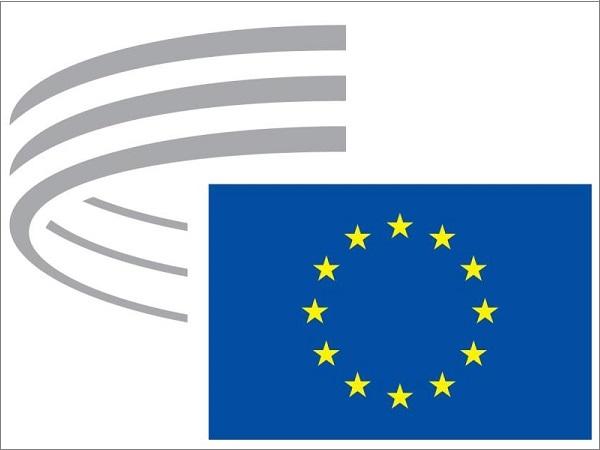 600450
600450


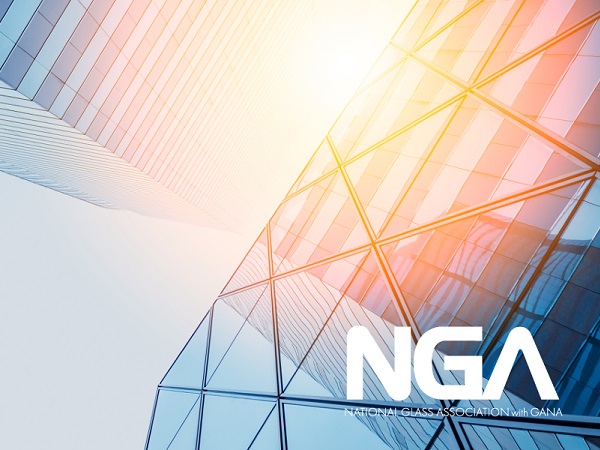
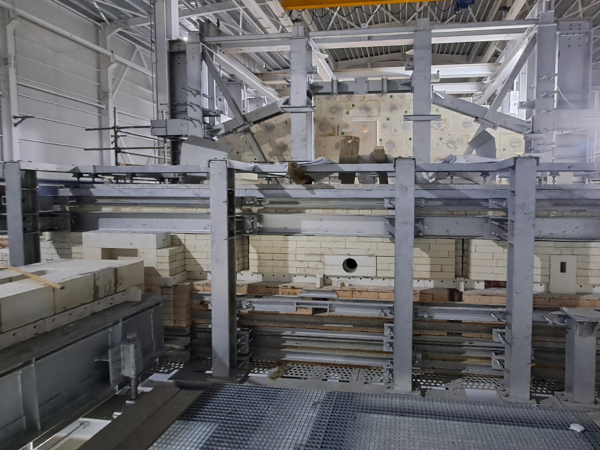


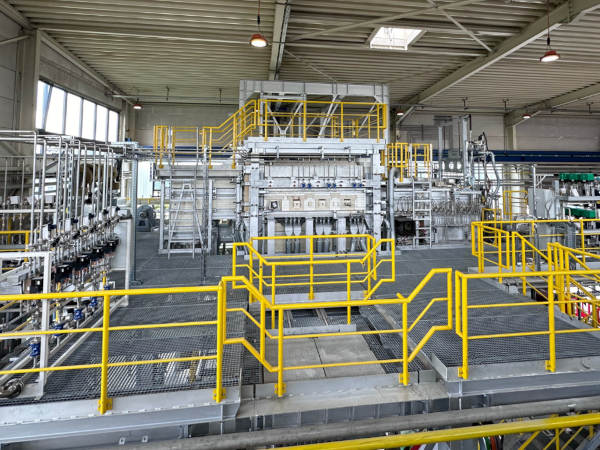







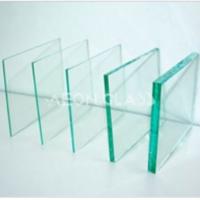
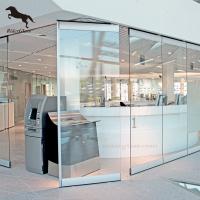
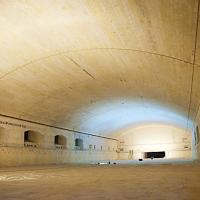
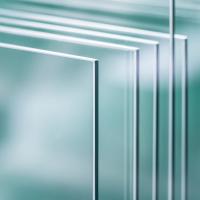

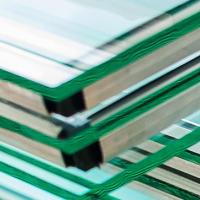
Add new comment